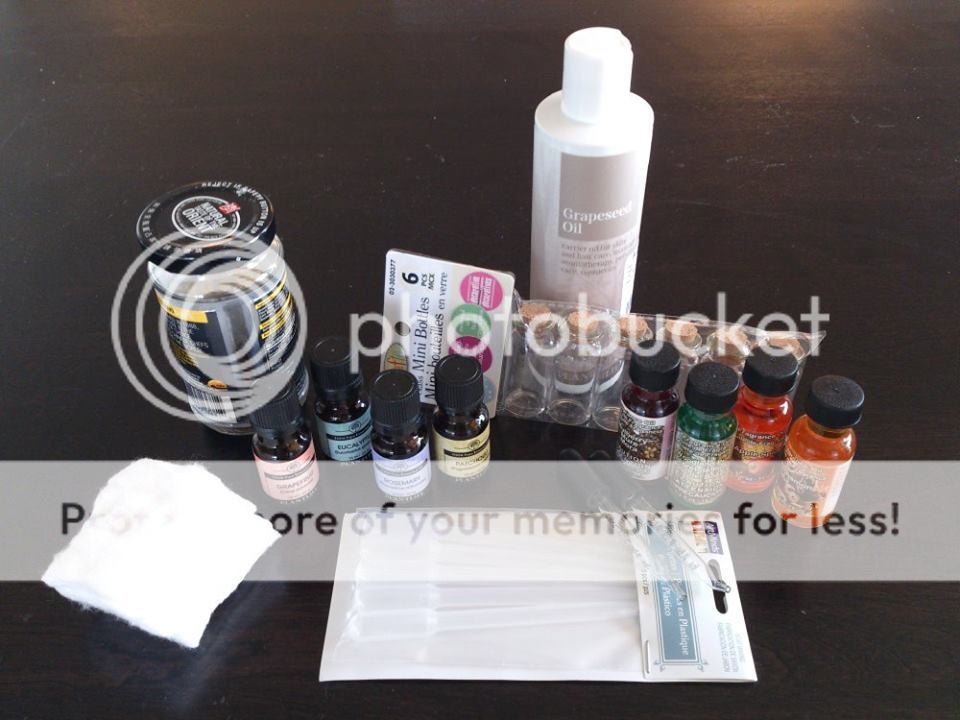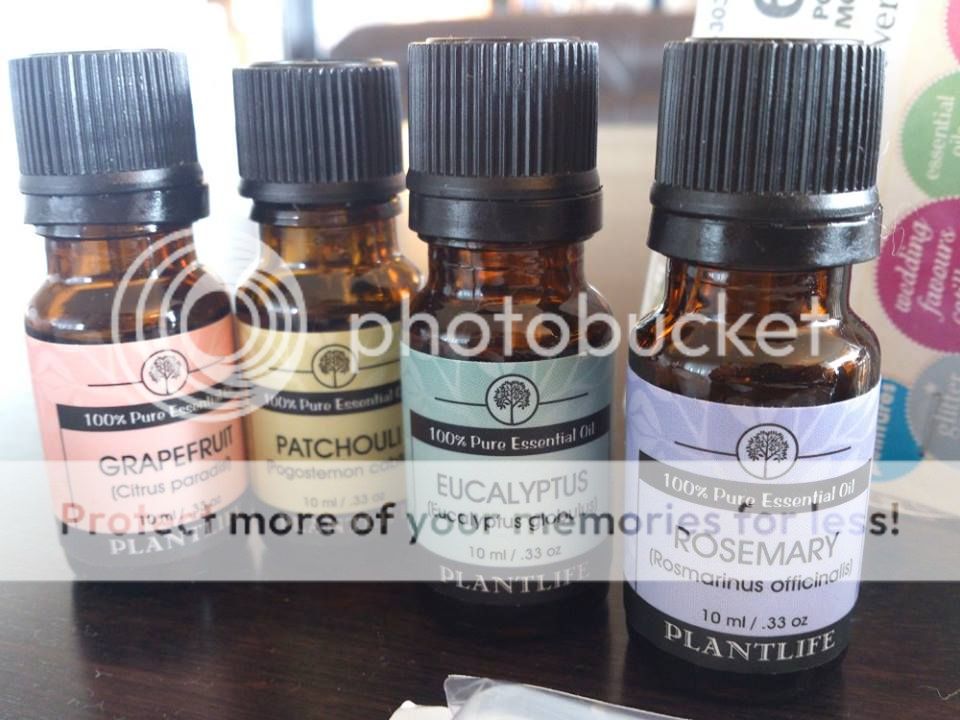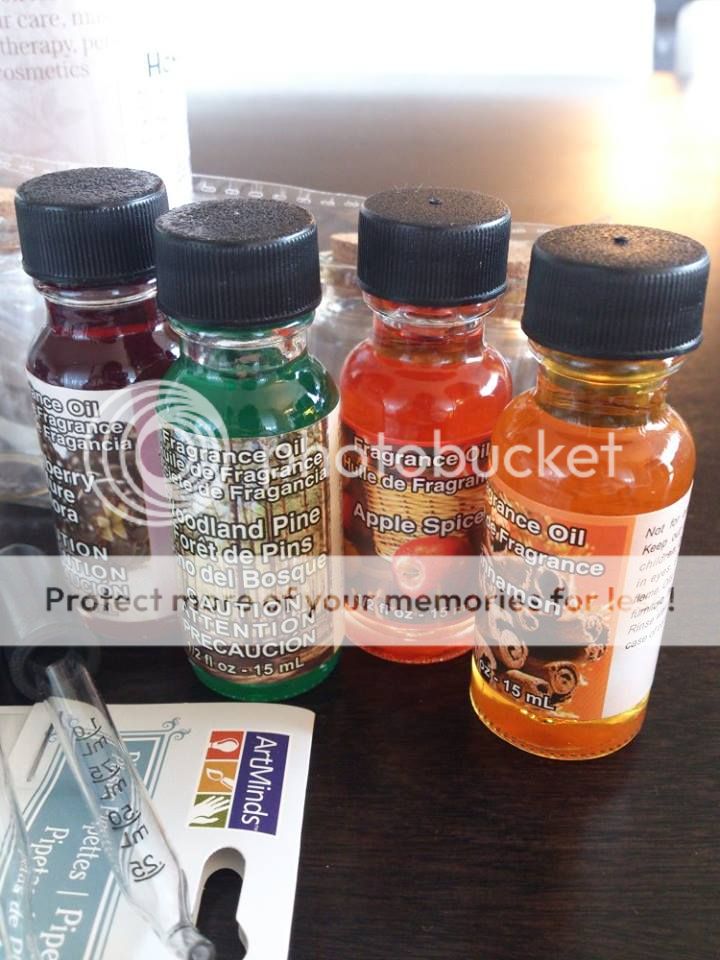Before liquid perfume was invented, people recognized the fascination of aroma that certain plants and herbs release when burned to worship the Gods.
The very first inventors of perfume were the ancient Assyrians and Egyptians. They were known for their use of scented oils. Later on when scent extraction methods were passed to Greece, the usage of perfume was no longer limited to religious purpose but also for personal application as well.
In the late 18th century as technology progressed, synthetic materials were invented and were manufactured in factories. This is the time when perfumery became a common practice among different classes since fragrance combinations were more affordable due to mass production.
- Potential Materials -
There are two scented oil that I can use to make my perfume with, the first one is essential oil (organic, extracted from plants and purified) and the other one is fragrance oil (artificial, doesn't contain organic ingredient, includes aromas that do not exist in nature).
I will also need a solvent to dilute the oil I mentioned above in order to make them more suitable for skin application. There are several choices for this procedure, this includes ethanol (vodka, high concentrated alcohol), and scentless, tasteless carrier oil (jojoba oil, sweet almond oil, grape seed oil etc.).
How can we forget about the important perfume bottles! Since this is my very first attempt of perfume making, I intend to buy some simple solid glass bottles for the various fragrance blends. Eventually, I will pick three best scents that I like the most to be my final product.
To prevent a too concentrated/week perfume blend, I need to have measuring tools such as some medicine droppers and pipettes to get the measurements right.
So I went to do some shopping...
- cotton wool pads
- coffee beans (to refresh my nose from inhaling different scents)
- essential oils
- fragrance oils
- 6x glass mini bottles
- grape seed oil
- medicine droppers
- pipettes
Essential Oils
Fragrance Oils


